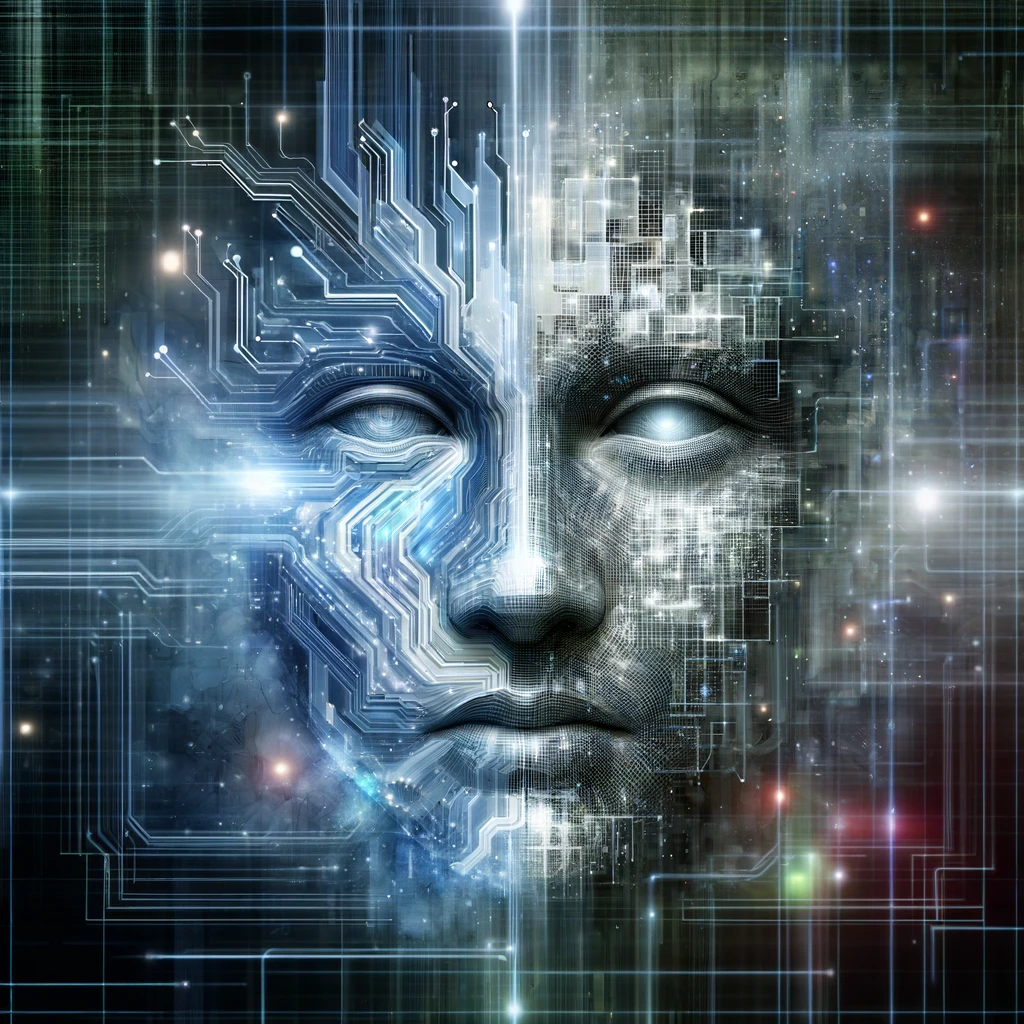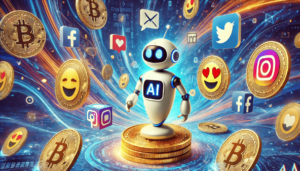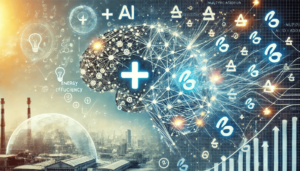The Ethical and Social Implications of Predicting Political Orientation Through Facial Recognition

Exploring the capabilities of AI in predicting political orientations through facial recognition technology.
- How can AI predict political orientations from facial recognition?
- What are the ethical considerations of using AI to analyze political traits?
- How accurate is AI in determining political orientation from blank faces?
In an era where artificial intelligence and machine learning are rapidly advancing, the capabilities of these technologies to predict intimate details of our lives from seemingly innocuous data are becoming increasingly potent. A recent study by Michal Kosinski, Poruz Khambatta, and Yilun Wang, as reported in the “American Psychologist”, illustrates a striking example of this trend. The researchers have developed a method using facial recognition technology that can predict a person’s political orientation from their facial images, even when these images are neutral and devoid of expressive cues.
Unpacking the Technology
The study utilized a carefully standardized set of facial images of 591 participants and employed both human raters and a facial recognition algorithm. Remarkably, both methods were able to predict participants’ political orientations with a correlation coefficient modestly over .20, a figure comparable to the predictiveness of certain psychological assessments and job interview outcomes. The implications of this are profound, suggesting that our faces might carry subtle signals about our political leanings that are detectable by advanced algorithms.
Beyond the Laboratory
Further validation of these findings came from applying the predictive model to naturalistic images of politicians from the United States, the United Kingdom, and Canada. The model demonstrated a consistent ability to predict political orientation across these diverse datasets, reinforcing the potential generalizability of the approach.
Ethical Considerations
The capability to infer such personal information from facial images raises significant ethical and privacy concerns. The authors of the study point out the critical need for public discourse and policy-making to catch up with technology’s capabilities. They highlight the risk that these technologies if misused, could lead to invasions of privacy or even misuse in surveillance and social profiling.
The Mechanisms at Play
The study suggests several mechanisms through which facial features might correlate with political orientation. These include genetic factors, environmental influences, and even the social feedback loops wherein people’s appearances influence how they are treated, which in turn can influence their behavior and beliefs.
Societal Implications
The ability to predict political orientation from facial images can have far-reaching implications. It could influence how campaigns target voters, potentially leading to more polarized political landscapes. It could also affect how individuals are screened and monitored in various contexts, from airports to job interviews, possibly leading to discriminatory practices if unchecked.
Looking Forward
As facial recognition technology continues to develop, it’s imperative that legal and ethical frameworks evolve in tandem to manage these advances responsibly. Researchers advocate for a balanced approach to harness the benefits of facial recognition technology while safeguarding individual privacy and rights.
The findings from Kosinski, Khambatta, and Wang’s research serve as a crucial reminder of the power of AI and the urgent need for comprehensive AI governance and ethical guidelines. As we stand on the brink of potentially transformative applications of AI, the conversation about its implications remains as pertinent as ever. For more in-depth analysis and discussions on the implications of AI in predicting personal traits, the original paper can be accessed here.
This exploration into the intersection of technology, psychology, and ethics underscores the need for ongoing vigilance and proactive management of emerging technologies. As AI continues to permeate all facets of society, understanding and mitigating its risks becomes not just a scientific endeavor but a societal imperative.




